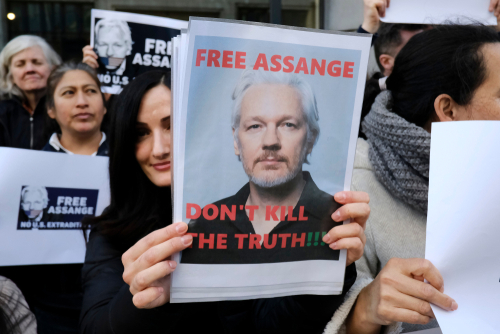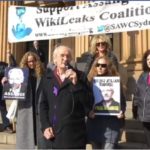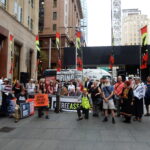Key US Witness Admits to Falsifying Evidence Against Assange in Return for Immunity
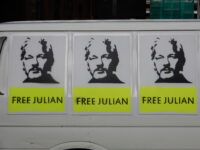
As Julian Assange turned 50 on Saturday, the pioneering Australian journalist continued to be subjected to what amounts to prolonged solitary confinement – a human rights abuse – in London’s Belmarsh Prison, where he has been since he was taken into custody in April 2019.
The Wikileaks founder’s father, John Shipton, and his brother, Gabriel Shipton, are currently on a month-long tour of the States calling on the Biden administration to drop the prosecution. Although, the new president isn’t known for his appreciation of those who expose the crimes of Washington.
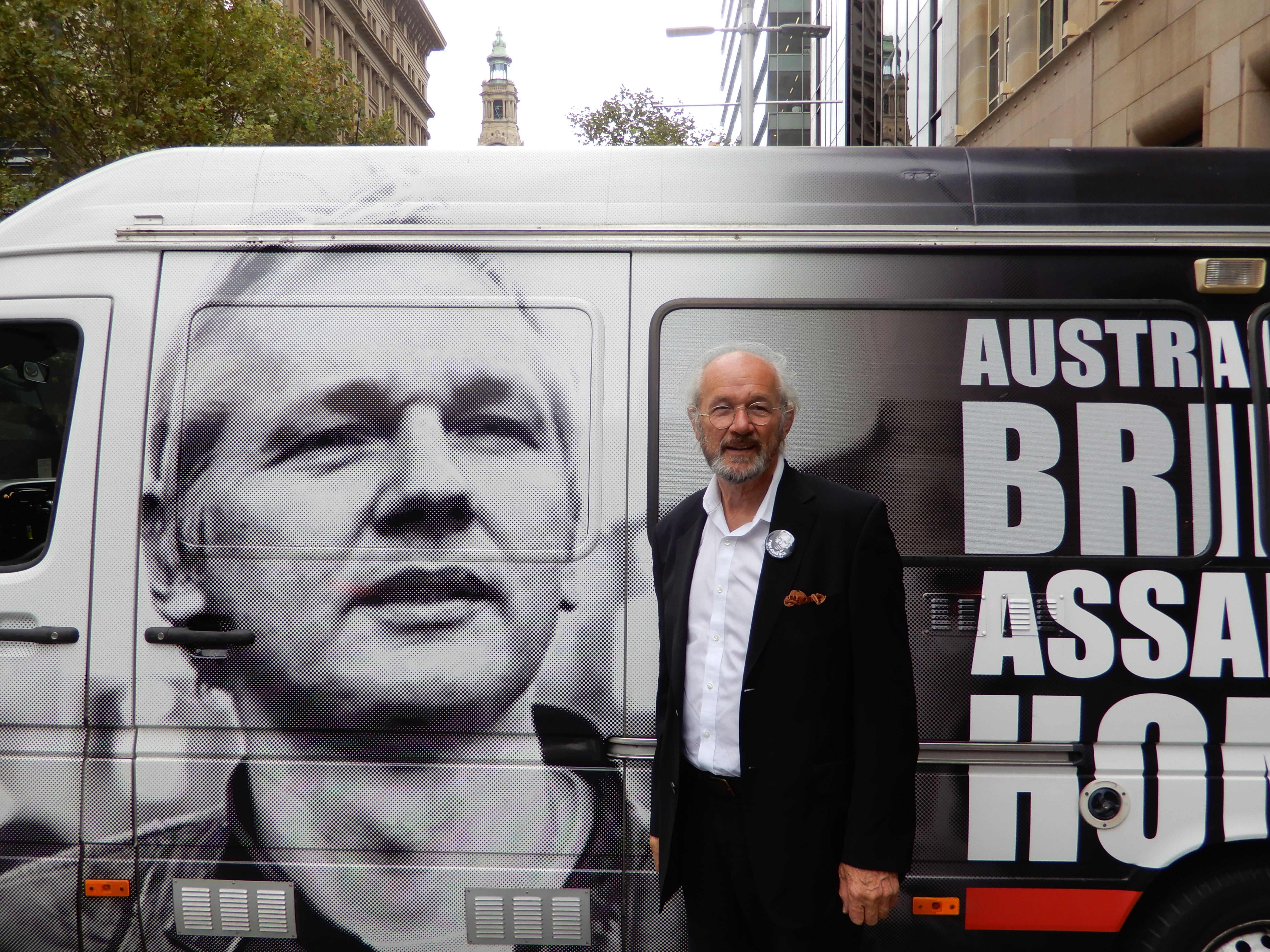
The long-term detainment of Assange on the part of the UK, and the attempt to extradite and prosecute him by the US, taken together are unprecedented in their highly visible and blatant flouting of the rule of law.
It’s now been over six months since the man who changed the landscape of modern journalism was refused bail following a decision by the UK justice system not to send Assange to the US to face prosecution due to its prison conditions, whilst outlining Washington’s case against him was solid.
However, this week, a gaping hole in the US case against Assange has become apparent, as a key witness – Sigurdur “Siggi” Thordarson – who provided evidence for the June 2020 second superseding indictment has announced he falsified his evidence as part of a get out of gaol deal.
Indictment undone
“Using shady sources is typical of the US. And this shady source has been completely invalided,” said Support Assange & Wikileaks Coalition (SAWC) spokesperson Ian Rose. “It’s no surprise that the US had to scrape the bottom of the barrel and use a paedophile’s lies.”
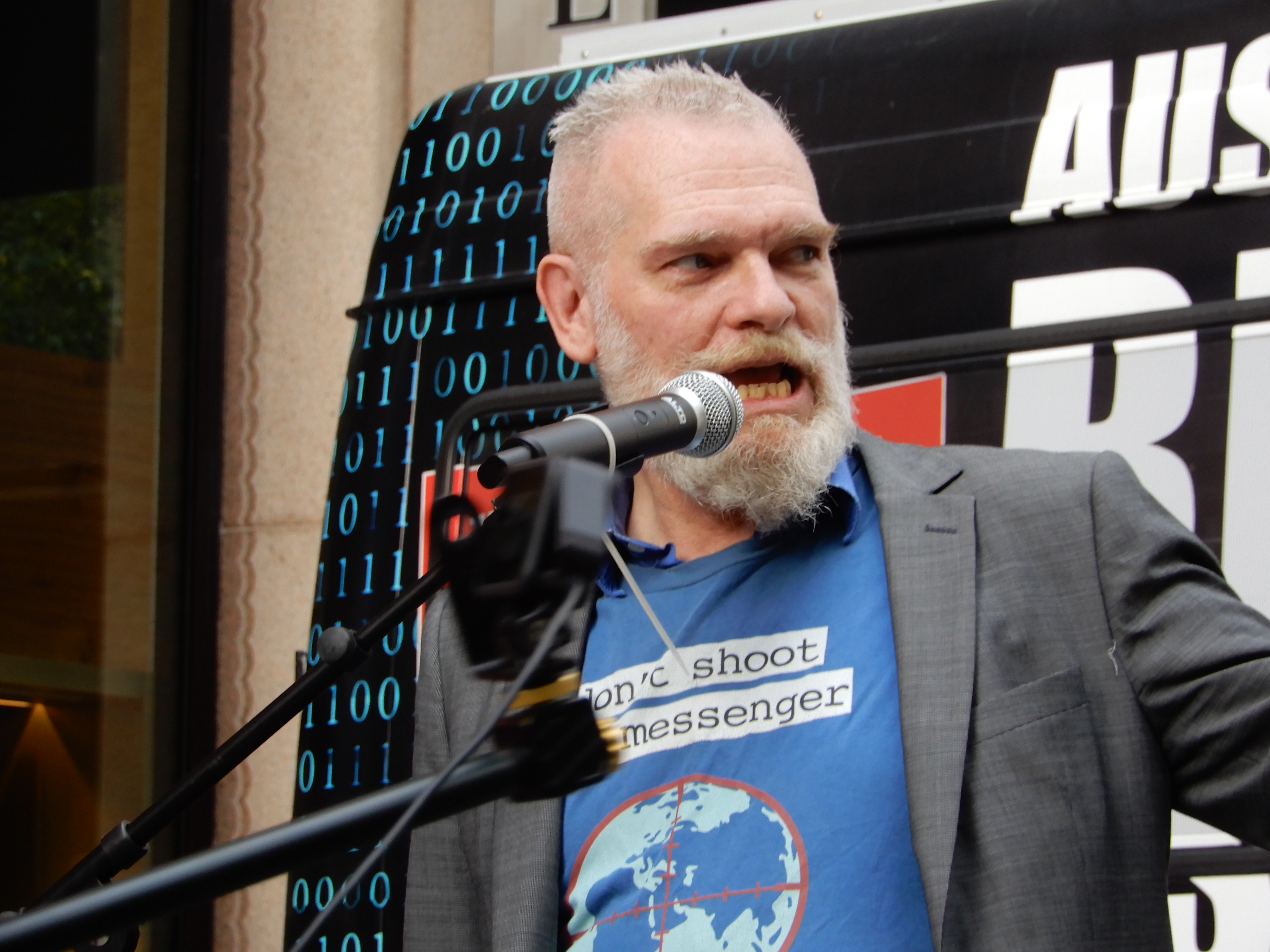
Thordarson is an Icelandic national who briefly volunteered for Wikileaks early last decade. Since then, he’s been convicted of financial fraud and underage sex crimes. And on 26 June, Iceland’s Studin magazine published an interview with him, in which he admits to lying to gain immunity.
Studin outlines that the US recruited Thordarson to build a case against Assange, which led to him becoming their key witness in the new indictment, in which he’s referred to as “a teenager”, whom, it’s falsely asserted, the journalist instructed to commit hacking and computer intrusions in Iceland.
The accusations that Assange had been involved in illegal computer hacking in Iceland were supposed to add credence to the US position that the Wikileaks founder had committed similar offences with the assistance of Chelsea Manning in relation to US government computers.
Rose told Sydney Criminal Lawyers that the Thordarson development is yet another problematic aspect in a long list regarding the case, which include UC Global having spied on Assange whilst he in the Ecuadorian embassy, as well as the restrictions that have been placed on his access to lawyers.
“Significant and problematic”
Despite Assange’s extradition trial perhaps being the case of the century, there has been stark mainstream media coverage of the Thordarson development that jeopardises the legitimacy of the already flawed case the US has against the Wikileaks journalist and publisher.
Human rights lawyer and legal adviser to Assange Jennifer Robinson told Democracy Now on Monday that “this is just the last revelation to demonstrate why the US case should be dropped…. The factual basis for this case has completely fallen apart.”
Robinson didn’t speculate on why Thordarson had now come forward with documentary evidence that reveals his testimony was fabricated, but she pointed out that in January, Assange’s legal team won the case against the US attempt to extradite him, even if it was on humanitarian grounds.
The Australian lawyer further explained that the Trump administration directly sought to appeal this ruling, and “we are still awaiting a decision from the British court as to whether permission to appeal will be granted”.
“Pending that decision Julian remains in prison,” Robinson continued. “We have been asking the Biden administration to drop the appeal and allow Julian to return home to his family, and this latest revelation will only contribute to that appeal to… end this case.”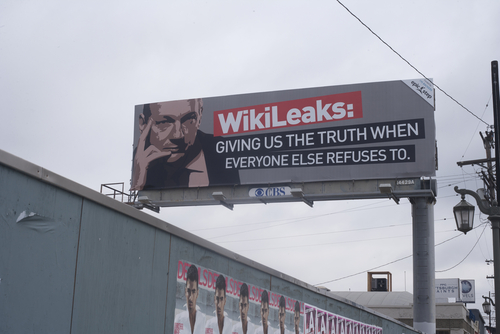
A travesty of justice
The US is seeking to extradite, prosecute and severely punish Assange in relation to his publishing hundreds of thousands of US military Iraq and Afghan war files, as well as a raft of US diplomatic cables, that exposed a multitude of war crimes and conspiracies of government.
After seven years of seeking refuge in London’s Ecuadorian embassy, Assange was taken into UK custody in April 2019, and following his serving a brief sentence over a charge of breach of bail, he’s been remanded in extreme isolation on behalf of the US since September 2019.
The Virginia District Court grand jury indictment charges Assange with 18 offences, which together carry a maximum penalty of 175 years imprisonment.
Seventeen counts are under the US Espionage Act, with there likely being no legal basis to bring charges against a foreign citizen under these laws.
In January, UK District Court Judge Vanessa Baraitser set out that Assange would not be extradited to the US, as his depleted mental health and the conditions he would face meant he would be at risk of suicide. However, the judge also refuted all the defence arguments against the US case.
On the ground recognition
The Assange case has ramifications for all, as not only is the Wikileaks founder’s liberty, and indeed sanity, at stake, but if he is extradited and prosecuted, the result would be the criminalisation of journalism and the undermining of press freedoms worldwide.
Yet, while the US and the UK continue to persecute the Townsville-born journalist, and the Australian government dutifully looks on without comment, Rose asserts that grassroots support for Assange is ubiquitous, whilst there’s growing support amongst politicians both here and abroad.
A group of eleven federal MPs led by Andrew Wilkie recorded a message for Biden on Wednesday, calling on the US president to drop the prosecution, as the people expect politicians to hold those who commit wrongdoing to account, not journalists, like Assange, who expose it.
“There is an overwhelming body of support from people in the streets,” said Rose in relation to his observations whilst participating in the Home Run for Julian tour. “We don’t see that represented in the media. But you can see it on the US tour, as you could on the Australian tours.”

